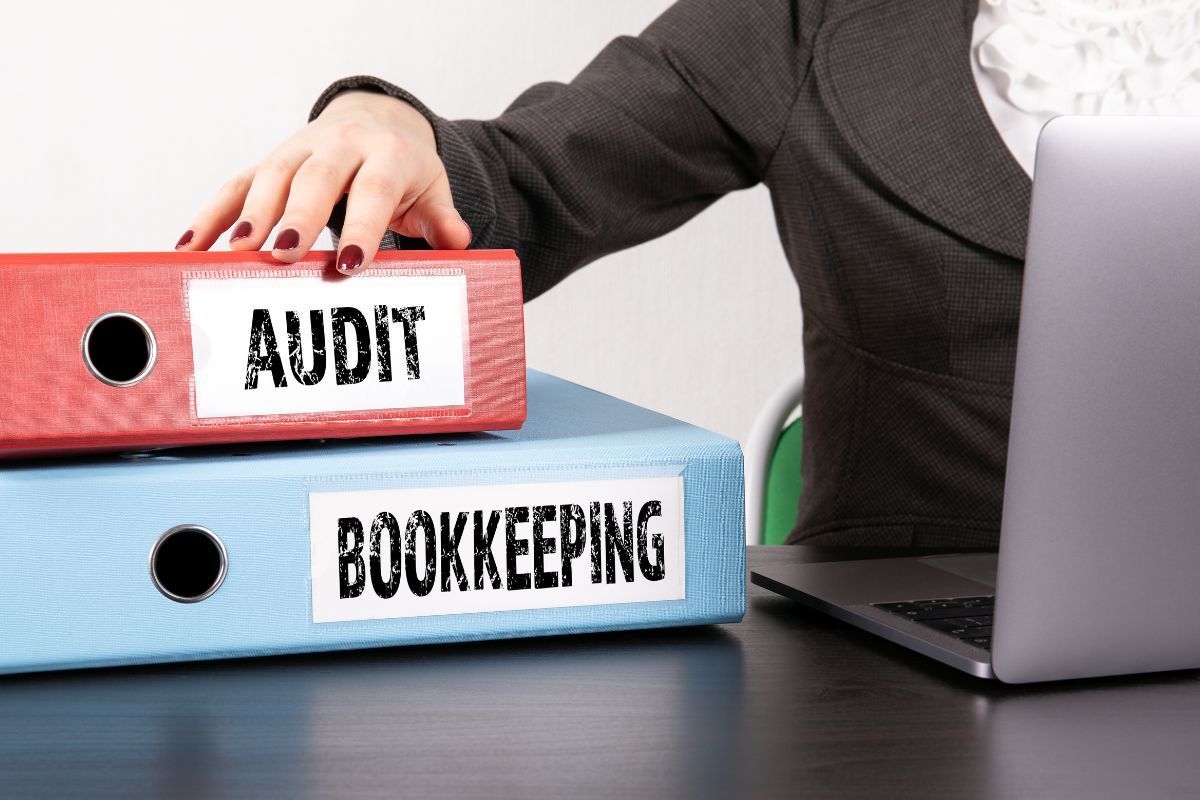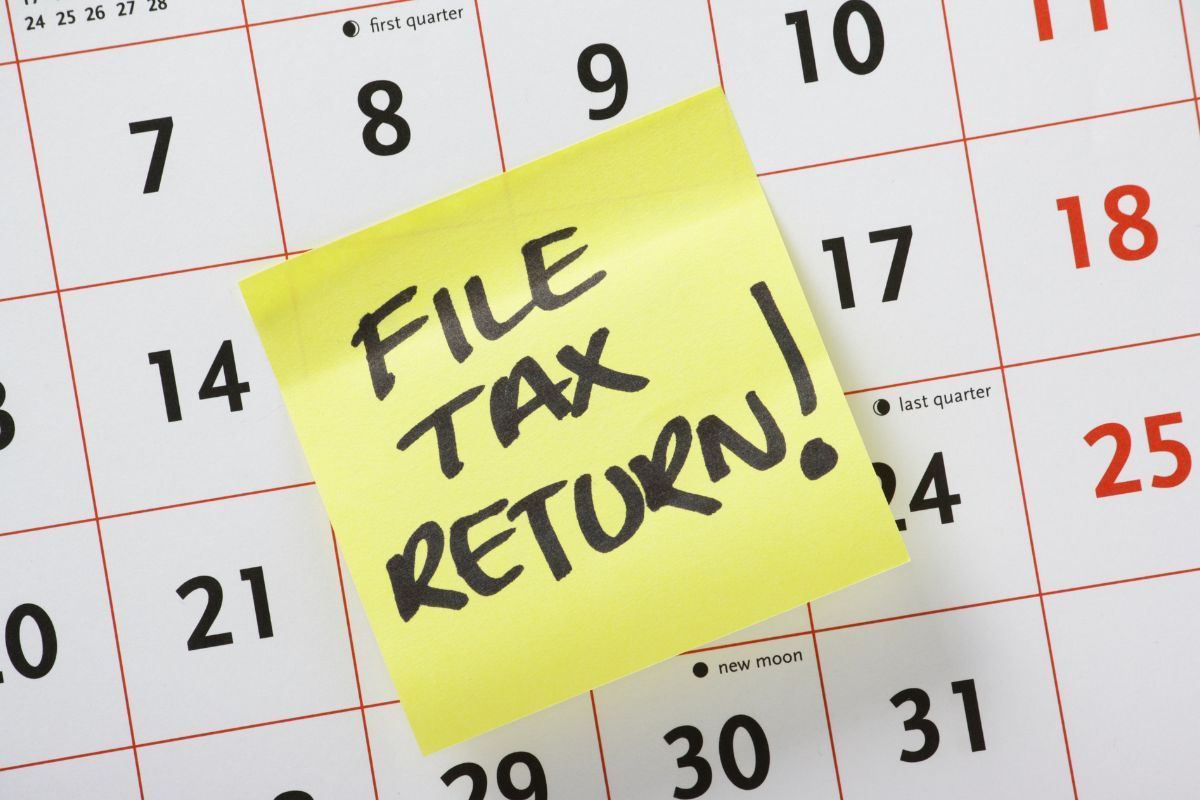Tax Filing Requirements For Canadians Living Abroad
As global travel and international work opportunities grow, more Canadians want to live and work abroad. Immersing yourself in new cultures and career opportunities is thrilling. However, it comes with critical responsibilities. Many people overlook the complex tax obligations related to these experiences, which can lead to serious financial challenges later on.
In this article, we’ll explore the essential aspects of residency status, including the question, "Do I have to pay taxes in Canada if I live abroad?" We’ll also cover tax obligations for Canadians living abroad. Understanding these factors is crucial for ensuring compliance and optimizing one's financial situation.
Types Of Residency Status In Canada
The Canadian Revenue Agency (CRA) determines tax obligations based on residency status. This status is classified into two main categories:
- Resident Status. Canadian residents must report their worldwide income and file an annual T1 tax return. All income earned in Canada and abroad is subject to Canadian tax laws. Residents can benefit from various tax deductions and credits to reduce their liability. Additionally, foreign tax credits are available for income earned outside Canada. This helps avoid double taxation on taxes paid abroad. Therefore, residents need to keep detailed records of their income sources.
- Non-resident Status.
Non-residents are taxed only on income from Canada. This includes pensions, investments, rental income, and other earnings generated in the country. This applies to individuals living abroad while earning Canadian income. Non-residents may face a departure tax when leaving Canada permanently. This tax assesses capital gains on Canadian assets. It can affect non-residents looking to relocate or move their investments. Therefore, understanding these tax obligations is essential for managing financial responsibilities in Canada.

Categories Of Canadian Residents
Understanding your residency category is crucial for determining your tax obligations:
- Deemed Resident. Individuals living in Canada for 183 days or more in a calendar year are considered residents. This applies if they’re not permanent residents of another country. International tax treaties can also influence this classification.
- Factual Resident. This category includes individuals with strong residential ties to Canada. Examples are home ownership or having family in the country, even if they live abroad. Factors like owning property, maintaining bank accounts, and fostering personal connections contribute to this classification.
Factors Influencing Residency Status Determination
The Canada Revenue Agency (CRA) assesses various elements when establishing residency status:
- Ownership of a home in Canada
- Having dependents and a spouse or common-law partner residing in Canada
- Personal property and bank accounts held in Canada
- Duration of time spent in Canada
- Individual intentions and long-term aspirations
- Possession of Canadian identification documents such as a passport or driver's license
Tax Tips For Canadians Living Abroad
Canadians residing outside the country can take advantage of several tax relief options. If I work abroad do I pay taxes in Canada? Understanding these options can help clarify your tax obligations while living overseas.
- Foreign Tax Relief. Taxes paid to foreign governments can often be credited against Canadian taxes, helping prevent double taxation.
- Provincial Foreign Tax Credit. This credit applies to foreign taxes that exceed the limits set for non-business income taxes.
- Double Tax Treaties. Canada has agreements with approximately 95 countries. These agreements help reduce withholding taxes and protect Canadians abroad from being taxed twice on the same income.
How To File Canadian Taxes Abroad
Filing Canadian taxes from abroad is possible through several methods. This ensures that Canadians living outside the country comply with tax regulations:
- Electronic filing. This option is very convenient. Taxpayers can file their taxes online using CRA-certified software. Many programs offer step-by-step guidance, simplifying information entry, and maximizing deductions.
- Mailing paper forms. You can download the required forms from the CRA website if you prefer traditional methods. Fill them out and mail them to the correct Canadian tax office. Submit your forms well before the filing deadline to ensure timely processing.
- Utilizing services like 'File My Return.' This service is for eligible individuals who meet specific criteria. It simplifies the filing process. Qualifying users can file taxes quickly with a simple phone call, ensuring a hassle-free experience.
Remember, no matter which method you choose, tracking deadlines is essential. Make sure to report all income earned abroad accurately to avoid penalties.
Considerations For Canadians Living In The US
What are the requirements for a Canadian working in US taxes? Canadians working in the US should be especially aware of their tax status, as obligations can vary based on the length of their stay. Here's a guide to help you calculate your tax liability, assuming you began working in the US three years ago:
- Each day spent in the US for the first year counts as 1/6 of a day.
- For the second year, each day counts as 1/3 of a day.
- Each day counts as a full day for the third year (the current year).
If you spend 183 days or more in the US, it shows you've been in the country. This means you've been here for at least 31 days in the current calendar year. In such cases, you’re considered a US resident for tax purposes and are required to pay US taxes.

Ensure Your Tax Compliance As A Canadian Living Abroad
Canadians living abroad should seek professional advice to understand their tax obligations, including the question, "Do I have to pay taxes in Canada if I live abroad?" Experienced tax professionals can offer personalized guidance, ensuring compliance and improving financial management. This helps expatriates make informed decisions tailored to their unique situations. Don’t wait—reach out to a tax expert today!
Want more information?
Richmond Hill, ON
Calgary, AB
Vancouver, BC
Ottawa, ON
Winnipeg, MB
Hamilton, ON
Halifax, NS
Mississauga, ON
Toronto, ON
Brampton, ON
Oakville, ON
Milton, ON
Markham, ON
Vaughan, ON



